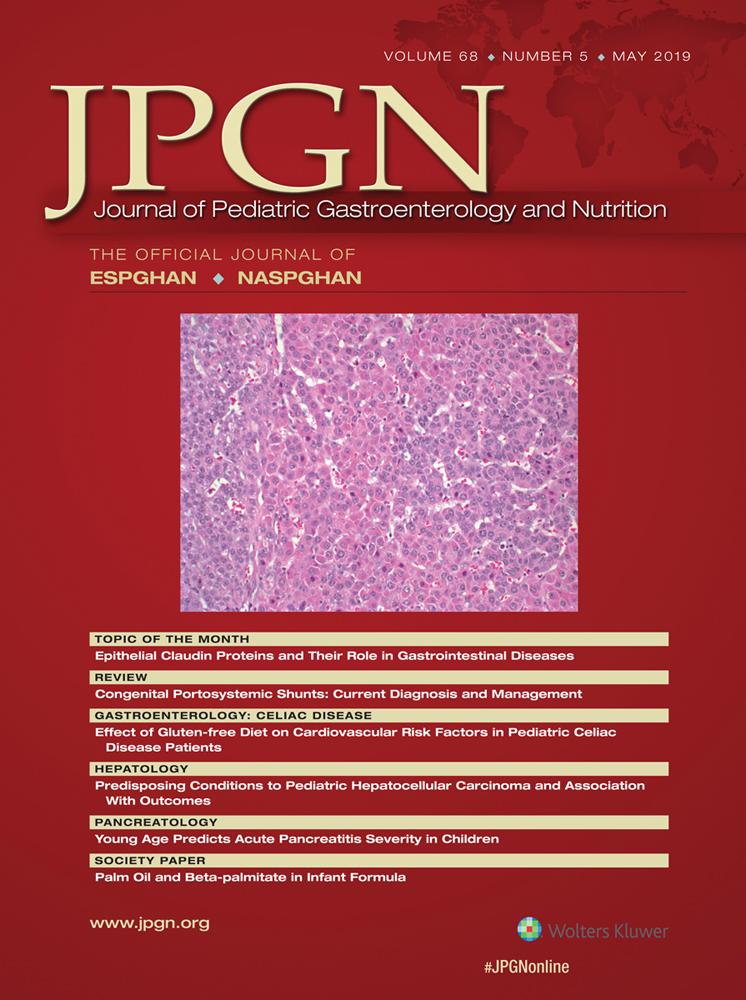Development of a Core Outcome Set for Infant Gastroesophageal Reflux Disease
Maartje M.J. Singendonk and Robyn Rexwinkel: Indicates shared first authorship.
Supplemental digital content is available for this article. Direct URL citations appear in the printed text, and links to the digital files are provided in the HTML text of this article on the journal's Web site (www.jpgn.org).
This study was funded by a Networking Grant from the European Society for Pediatric Gastroenterology, Hepatology, and Nutrition (ESPGHAN).
Disclaimer: Although this article is produced by the ESPGHAN Motility Working group, it does not necessarily represent ESPGHAN policy and is not endorsed by ESPGHAN.
The authors report no conflicts of interest.
ABSTRACT
Objective:
In therapeutic trials for infant gastroesophageal reflux disease (GERD), ways to define GERD and measure and report study outcomes vary widely. The aim of this study was to develop a core outcome set (COS) for infant GERD.
Methods:
The COS was developed using the Delphi technique, adhering to the Outcome Measures in Rheumatology Initiative 2.0 recommendations. Healthcare professionals (HCPs) (predominantly pediatric gastroenterologists and general pediatricians) and parents of infants (age 0–12 months) with GERD, listed up to 5 primary goals of therapy from their perspective and up to 5 persistent signs or symptoms that would signify inadequate treatment. Outcomes mentioned by >10% of participants were included in 2 shortlists. Next, HCPs and parents rated and prioritized outcomes on these shortlists. Outcomes with the highest rank formed the draft COS. The final COS was created after 2 consensus meetings between an expert panel and patient representatives.
Results:
In total, 125 of 165 HCPs (76%) and 139 of 143 parents (97%) of infants with GERD completed the first phase. The second phase was completed by 83 of 139 HCPs (60%) and 127 of 142 different parents (89%). Outcomes of these phases were discussed during the consensus meetings and a 9-item COS was formed: “Adequate Growth,” “Adequate Relief,” “Adverse events,”, “Crying,” “Evidence of Esophagitis,” “Feeding Difficulties,” ”Hematemesis,“ ”No Escalation of Therapy,“ and ”Sleep Problems.”
Conclusions:
We developed a COS for infant GERD consisting of 9 items that should minimally be measured in future therapeutic trials to decrease study heterogeneity and ease comparability of results.




